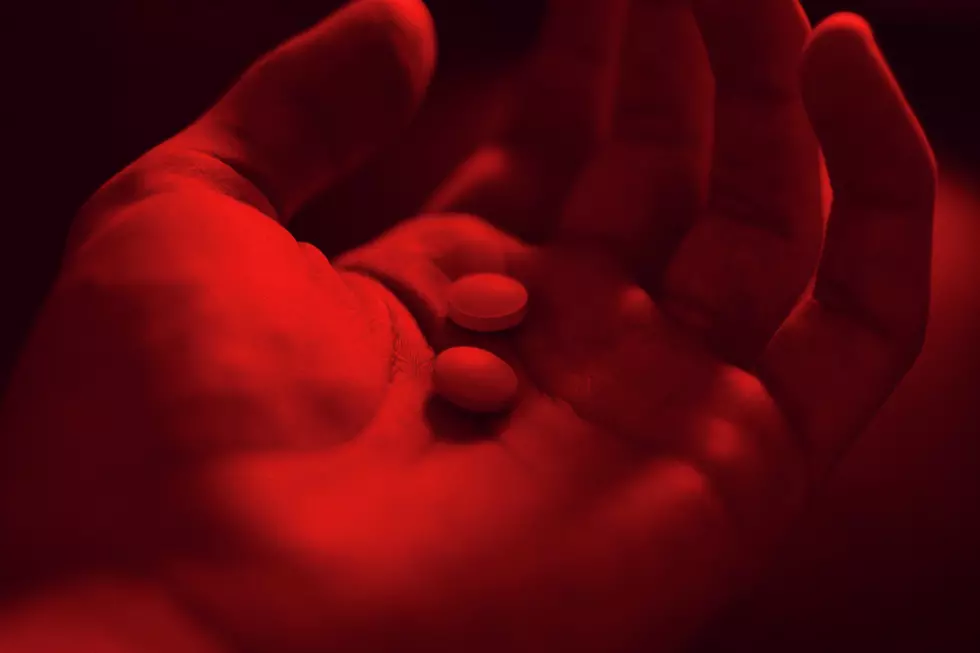
Pandemic has not caused drug-overdose uptick in New Jersey
Since the pandemic started wreaking havoc on the Garden State, officials and advocates have worried about whether the related stress and isolation would result in an even greater substance abuse problem and an uptick in the number of individuals losing their lives to the disorder.
Preliminary figures, though, suggest addiction has not been more lethal during the public health crisis. In fact, fewer people in New Jersey died of a drug overdose between March and September 2020, compared to the same time period in 2019, according to data from the state about suspected drug deaths.
At the same time, administrations of Naloxone, the life-saving opioid antidote, at least by law enforcement and EMS in New Jersey, were on pace in 2020 to match 2019's numbers.
Lock-down orders and job losses related to the pandemic started to roll in during the middle of March 2020. From the beginning of March through September of last year, New Jersey experienced 1,784 suspected drug overdose deaths, state data show (September is the latest month for which statistics are available). During that same seven-month period in 2019, drug overdoses took 1,736 lives.
Year-to-date through September 2020, the suspected death count is recorded at 2,130, compared to 2,178 deaths over the same period in 2019, according to the data.

Related deaths, however, are not the only measure of the state's opioid and heroin epidemic. Experts and advocates are still trying to get a better handle on the true impact of the pandemic, which is said to have exacerbated problems related to addiction and recovery.
"Isolation can be a huge risk factor to continued, progressive substance use, or relapse," said Matthew Grey, program manager of the Family Support Center at CarePlus New Jersey.
Add to isolation any number of triggers related to the health emergency, such as unemployment and the death of family members because of the respiratory illness. And with social distancing mandates or recommendations over the months, individuals' ability to connect face-to-face with supports was severely limited.
"What we've seen is that, because of fears related to COVID, a lot of people were may more reluctant to go to a hospital if they needed to, to seek treatment of some kind or detoxification," Grey added.
From the start of 2020 through the end of September, law enforcement and other emergency-dispatch personnel deployed an overdose antidote 11,331 times, according to state data. Through all of 2019, officials recorded 15,104 Naloxone administrations.
More From Townsquare Media News:
GONE FOR YEARS: NJ's longest-missing people
More From Beach Radio










